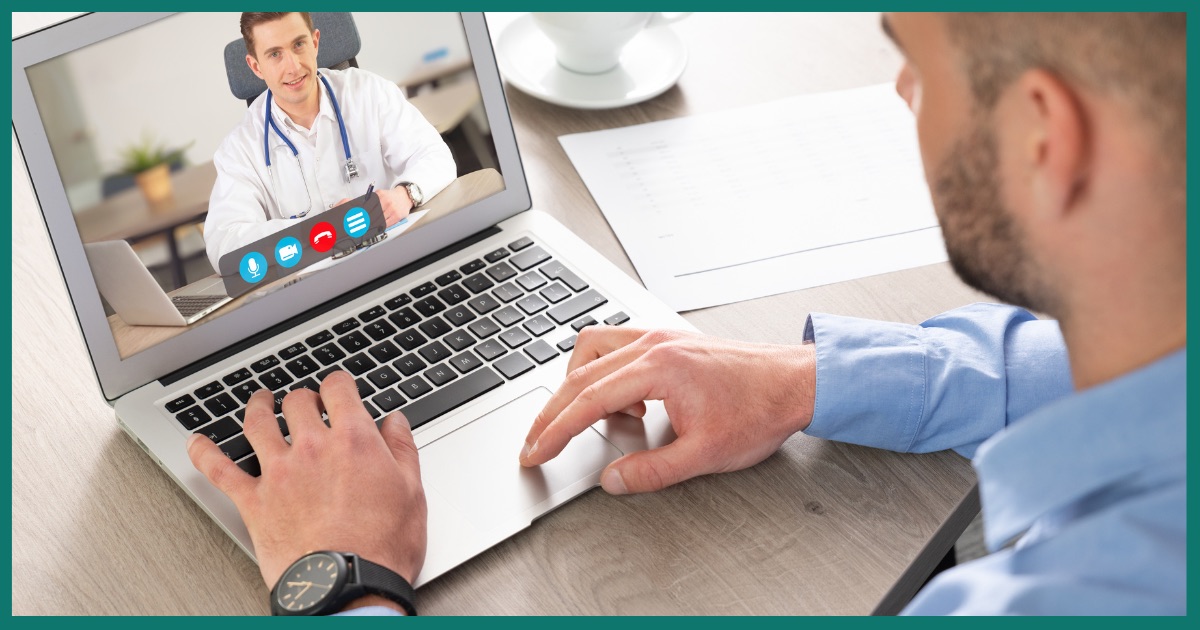Medication-Assisted Treatment for AUD: Answering Your Top Questions
By Sophie Solmini
Founder, ICADC, MATS, NCRC

Clinical Context: This article is reviewed by a Certified Alcohol and Drug Counsellor. It provides educational information and is not a substitute for professional medical advice.
You’ve probably heard about it, but the details might be fuzzy. Medication-Assisted Treatment, or MAT, is one of the most significant advances in modern alcohol recovery, yet it’s surrounded by questions and misconceptions.
Maybe you’ve wondered if it’s just “swapping one addiction for another,” or if it’s a “magic pill” that requires no effort. These are fair and important questions. When you’re considering a path to recovery, you deserve clear, honest answers so you can make an informed choice.
At Heal@Home, our entire approach is built on the science of MAT. We believe in empowering you with knowledge because understanding how it works is the key to trusting the process. This guide will answer the top questions we hear from Canadians about using medication to treat Alcohol Use Disorder (AUD).
1. What Exactly is Medication-Assisted Treatment (MAT)?
At its core, MAT is the use of safe, approved, and non-addictive medications, in combination with counseling and support, to treat substance use disorders. Think of it this way: Alcohol Use Disorder has a powerful biological component (the cravings, the brain chemistry) and a psychological component (the habits, the triggers, the underlying reasons for drinking).
Traditional treatment often focuses only on the psychological part, asking you to use willpower to fight the biological cravings. MAT addresses the biological component directly. It uses medication to quiet the cravings, which gives you the mental space and clarity to do the important psychological work of recovery without being in a constant state of battle with your own brain.
2. How Does the Medication Work? Is It Just Swapping Addictions?
This is the most common and critical question. The answer is an emphatic no. The medications used in MAT for alcohol are fundamentally different from addictive substances because they do not create a 'high' or a cycle of dependence.
- It’s Not a Crutch, It’s a Tool: The primary medication we use, Naltrexone, works by blocking the opioid receptors in your brain. These are the receptors that give you that feeling of pleasure and reward when you drink. By blocking them, Naltrexone effectively takes away the 'reward' from alcohol.
- It Breaks the Reward Cycle: Over time, as your brain stops associating alcohol with a rush of pleasure, the learned craving for it begins to fade. This scientific process is called pharmacological extinction.
- It’s Not Addictive: Unlike addictive drugs, there is no withdrawal if you stop taking Naltrexone. There is no compulsion to take it. In fact, the medication itself is, frankly, boring,it doesn't make you feel anything, which is exactly why it works. It’s a medical tool, not a mood-altering substance.
3. Do I Have to Take This Medication Forever?
This is another major fear that prevents people from exploring MAT. The answer depends on the treatment method and your personal goals. At Heal@Home, we specialize in The Sinclair Method (TSM), where you only take the medication one hour before you plan to drink. It's not a daily pill you take indefinitely. The goal of TSM is to gradually reduce your desire for alcohol to the point where it no longer has control over you. For many people, after several months of treatment, their cravings are so diminished that they either stop drinking entirely or drink so infrequently that they only use the medication a few times a year. The ultimate goal is freedom from both the addiction and, eventually, the medication itself.
4. Is It a 'Magic Pill'? What Else is Involved?
No, MAT is not a magic pill. This is where the “Assisted” part of Medication-Assisted Treatment comes in. The medication is the tool that makes the real work of recovery possible.
At Heal@Home, the medication is prescribed as part of a comprehensive, medically-supervised program. It works alongside:
- Personal Goal Setting: You work with our team to define what success looks like for you,whether that’s total abstinence or controlled, moderate drinking.
- Ongoing Medical Support: You have regular check-ins with our medical team to monitor your progress, manage any side effects, and adjust your plan as needed.
- Building New Strategies: With the biological cravings managed, you can focus your energy on developing healthier coping mechanisms for stress, boredom, and social situations.
5. Who is a Good Candidate for Virtual MAT?
Virtual MAT is an incredibly effective option for a wide range of people, but it’s particularly well-suited for certain situations.
- The Busy Professional: You need a solution that is private, discreet, and fits around your demanding work schedule without requiring a month away at rehab.
- The Person Who Values Privacy: The idea of sitting in a group meeting or a clinic waiting room is a non-starter. You want to handle this confidentially, from home.
- Someone Who Has Tried and Relapsed: If you’ve tried willpower-based methods in the past but found that cravings always brought you back, MAT can provide the missing biological piece of the puzzle.
- Those Interested in Harm Reduction: You’re not 100% sure you want to quit forever, but you know you need to cut back. MAT is one of the only methods scientifically proven to help people moderate their drinking.
For more information on the different types of help available, the Government of Canada provides a comprehensive resource portal.
Ready to Learn More?
Understanding the facts about MAT can be the first step toward a new, more effective path to recovery. If you're in Canada and want to learn more, contact Heal@Home for a free, completely confidential chat about our programs. Call us at 647-545-6751 or visit us online today.
Interested in our Program?
Our team provides a private, 12-week protocol designed to help you regain control from home.
Speak with our Team